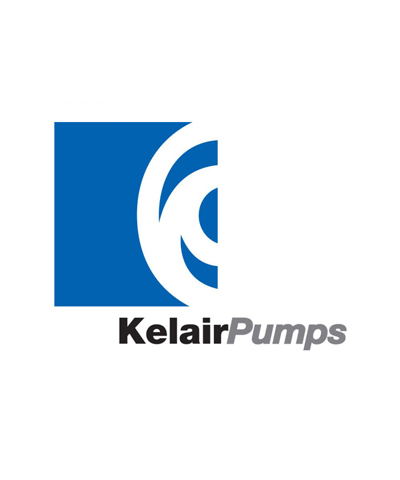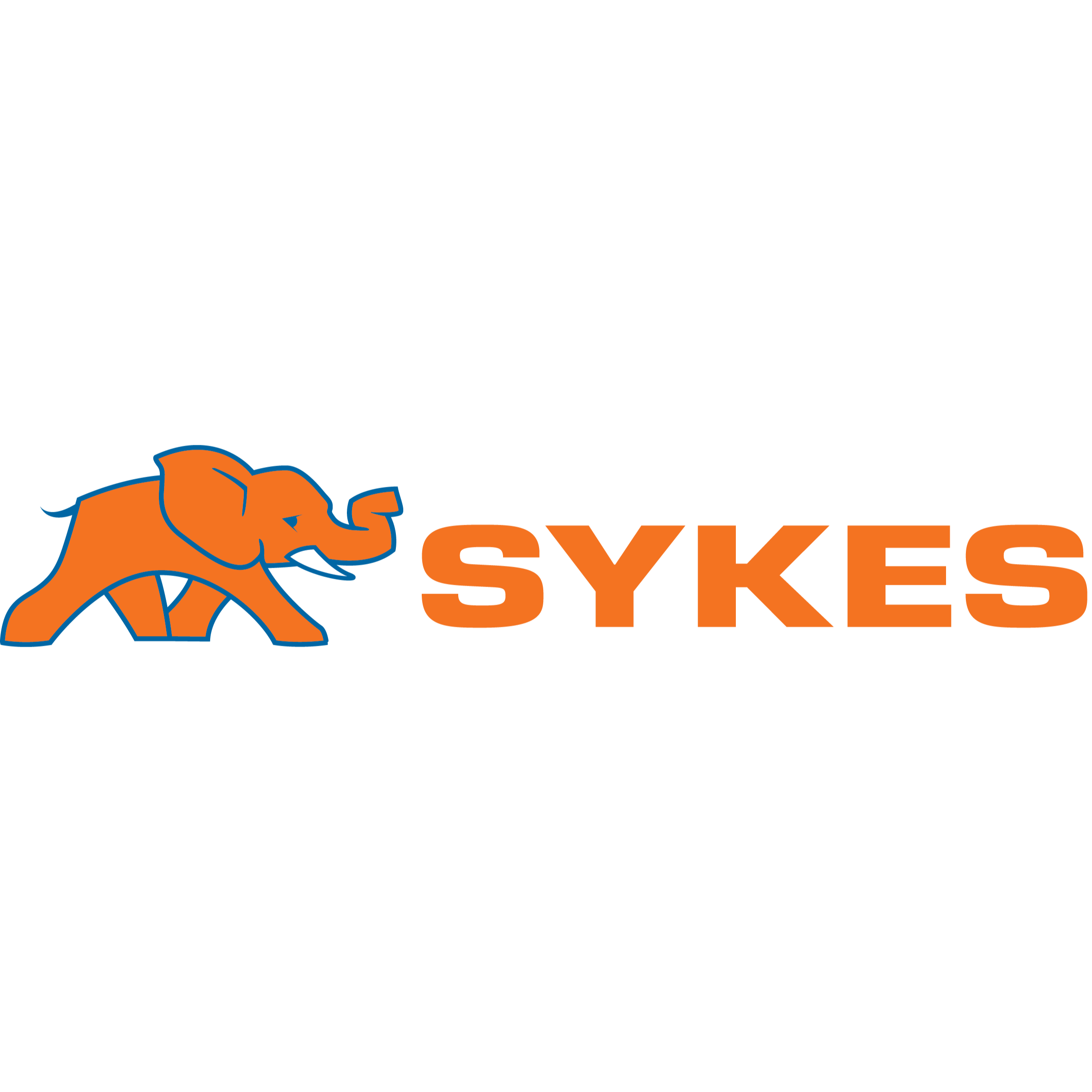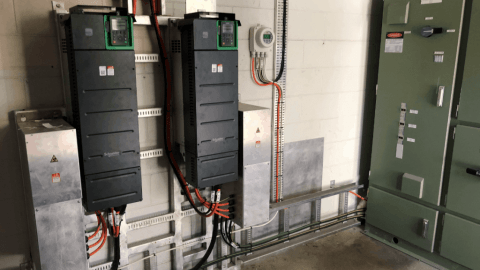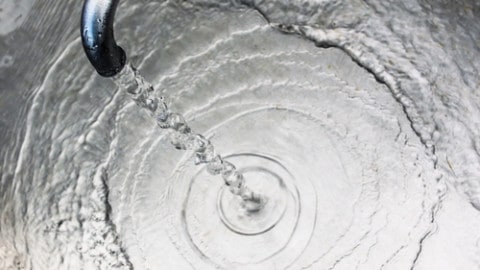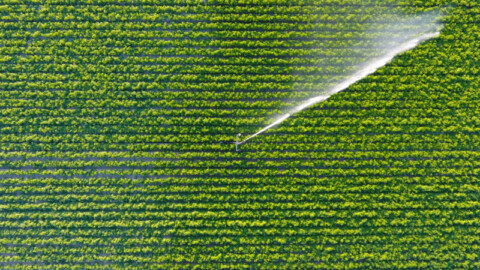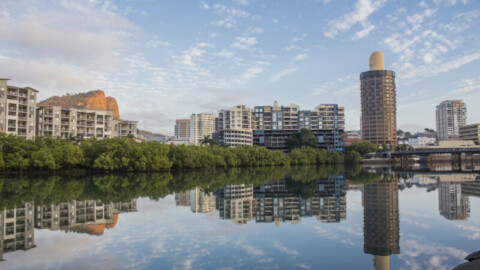by Chris Tritton, Hydraulic Engineer, Cushway Blackford & Associates
Hydraulic consultants are often called upon to specify pumps to their clients. However, this is only one aspect of their role and most are not pump experts. Cooperation and trust between hydraulic consultants and pump suppliers is vital for the best possible results.
The role of a hydraulic consultant can vary widely depending on the type of work they have been commissioned to carry out.
However, in most cases, it will involve one or more of the following:
• Preparing design layouts for new or refurbished buildings
• Carrying out quality control inspections of installations they have designed
• Carrying out inspections of existing installations and making comments on their condition, compliance and expected future repair and maintenance requirements.
In regard to the first dot point, our clients expect us to produce a cost-effective design that meets or exceeds their requirements, is fully compliant with all relevant codes and authority/regulatory requirements, and minimises the future maintenance needs of the installations. Therefore, hydraulic consultants often try to reduce the number of pumps we need to install because they can be a high cost installation item and involve ongoing maintenance expenses. I’m sure this is the last thing pump professionals want to hear! Nevertheless, the installation of pumps has become the norm rather than the exception due to the recent reduction in the performance of utility and council owned water infrastructure.
Pumps are only one component of hydraulic services systems – but they are a very important one. Hydraulic consultants have many codes, standards and authority requirements that we are required to understand thoroughly. In addition, the field of hydraulic services covers many types of plumbing, fire protection and gas systems. Because pumps are just one component of the overall design, most hydraulic consultants would not consider themselves pump experts. We mainly know how to calculate the performance requirements for an application and have a general understanding of the overall construction of a pump station and the associated controls. Because of this limited knowledge, we are very reliant on pump companies, and their representatives, to provide pumps that are fit for purpose, compliant with all the relevant Australian standards and are of a quality that will not have our clients coming back to us with concerns and complaints.
The pumps hydraulic consultants select are generally based on their past experiences or the manufacturer’s reputation. There are pumps on the market that are well regarded for their quality, performance and life expectancy and, not surprisingly, it is these pumps that consultants lean towards. Pump selections are also based on the relationships formed over the years with the representatives from pump companies. These relationships, however, are no substitute for pump quality. As I said before, we are reliant on pump companies and their representatives to provide the right pump for the right job. Relationships will be short-lived if we are provided with specifications of poor quality and/or non-compliant pump stations that jeopardise our relationships with our clients.
Apart from the design of hydraulic systems, consultants are also involved with carrying out progressive quality control inspections of new installations. These inspections involve all components of the hydraulic services including, when installed, pumps and their associated controls. When carrying out inspections involving pumps, we need to identify that the installation is in accordance with our drawings, meets relevant Australian standards and authority/regulatory requirements as well as maintaining at least a minimum standard of warranted workmanship.
When reviewing existing pump installations, consultants will generally admit to having limited ability to sight any faults or compliance issues. It is at this juncture that hydraulic consultants are critically reliant on the reputation of the pump product. However, this generally only becomes an issue for us if an alternative pump has been installed to the one we have specified in our design.
By substituting products, neither the consultant nor the client can have complete confidence in non-specified wares. In these instances, I would love to personally call on the representative of the pump I specified in my original design and have them accompany me to the site to view the installation and comment on whether the pump station is ‘equal’ to what we specified.
However, given the ethical dilemmas, I have been reluctant to go down this path. Nonetheless, I have gladly had pump representatives accompany me during inspections of existing installations (as noted above). Apart from compliance issues, this also assists me in understanding the condition of the plant, any immediate repair and replacement issues, and any future maintenance needs.
At a recent meeting of the Pump Industry Association, concerns were expressed to me about cheap, non-compliant pump units being imported into Australia. Maybe if consultants and the representatives of the reputable pump companies worked together, we could put a stop to these sub-quality imports or, at a minimum, force the manufacturers of these inferior products to improve the quality and compliance of their installations. Ultimately, this would work in everybody’s interest, most of all our clients – those who are actually putting up the money for the pumps.
Chris Tritton
 Chris Tritton has been a practising hydraulic consultant for nearly 40 years working on many high profile projects in Sydney, Canberra, Brisbane, the Gold Coast and Papua New Guinea.
Chris Tritton has been a practising hydraulic consultant for nearly 40 years working on many high profile projects in Sydney, Canberra, Brisbane, the Gold Coast and Papua New Guinea.
He started his career as a cadet with Ledingham, Hensby & Oxley, advancing to Director and is currently an Associate at Cushway Blackford & Associates, a multi-discipline building services consultancy, managing their Hydraulic division.
Chris has consulted and given presentations on the various aspects of hydraulics in building and planning both within in Australia and internationally.
He has been a member of the Association of Hydraulic Services Consultants of Australia (AHSCA) for over 30 years and was recently elevated to Fellow. He has served as National President of the AHSCA and, since 2011, has been President of the Queensland Chapter of AHSCA.



